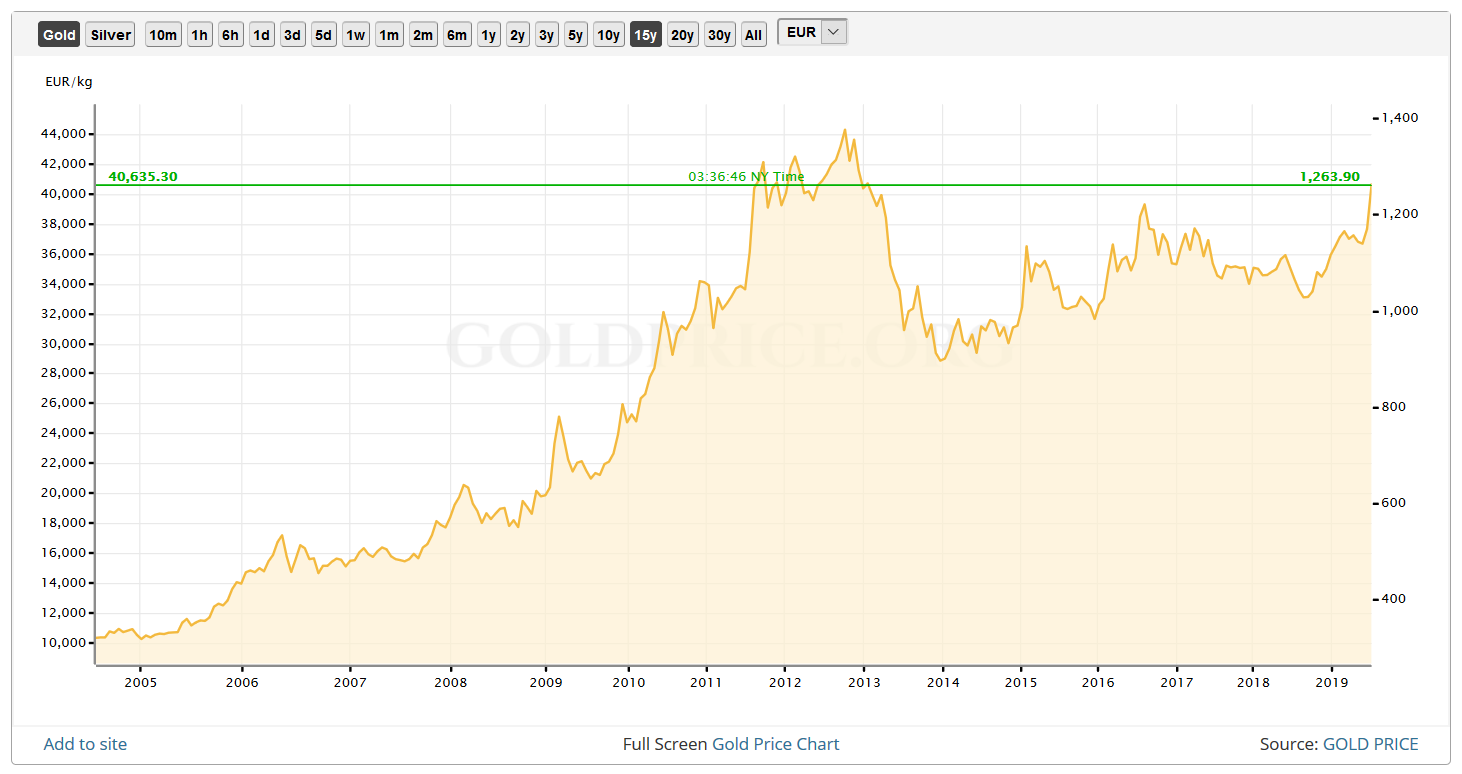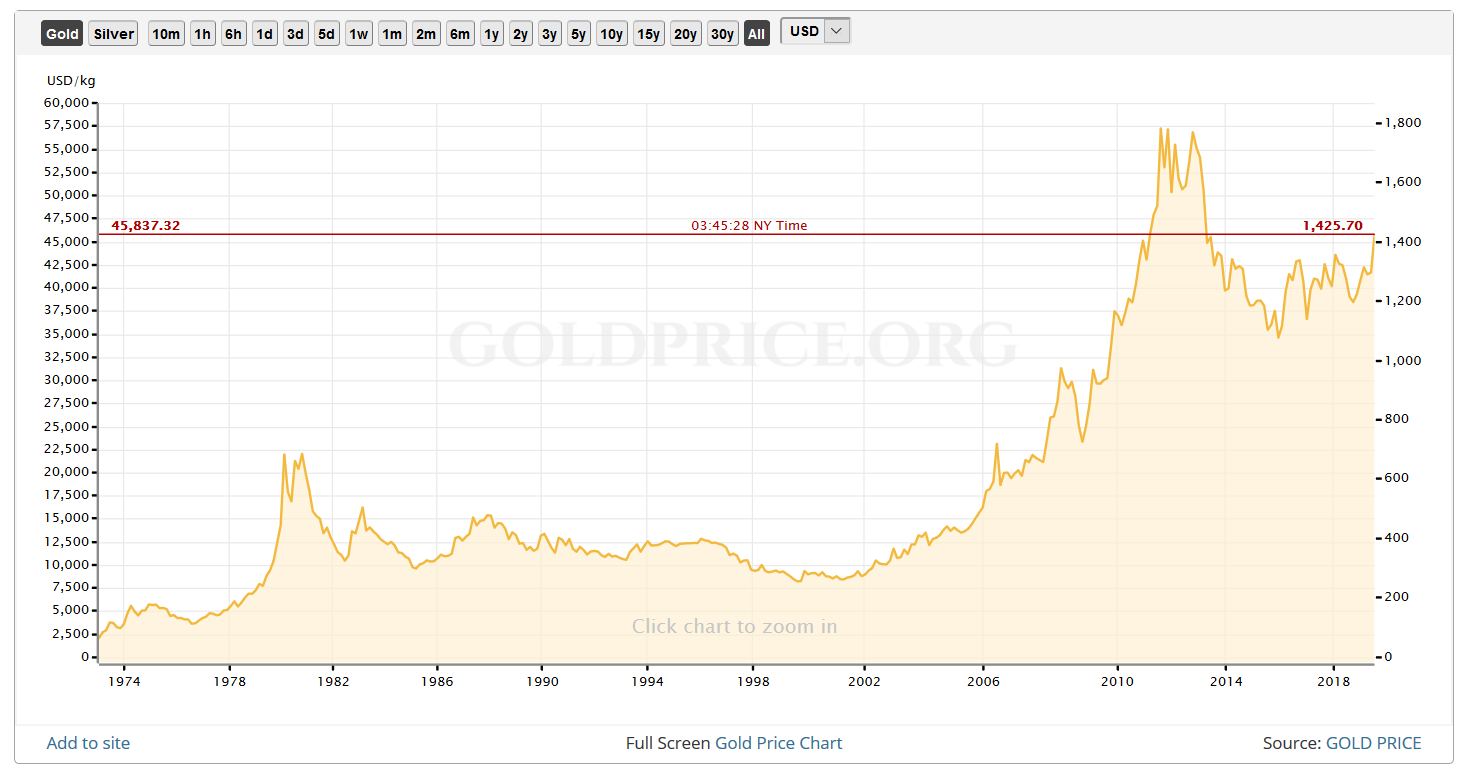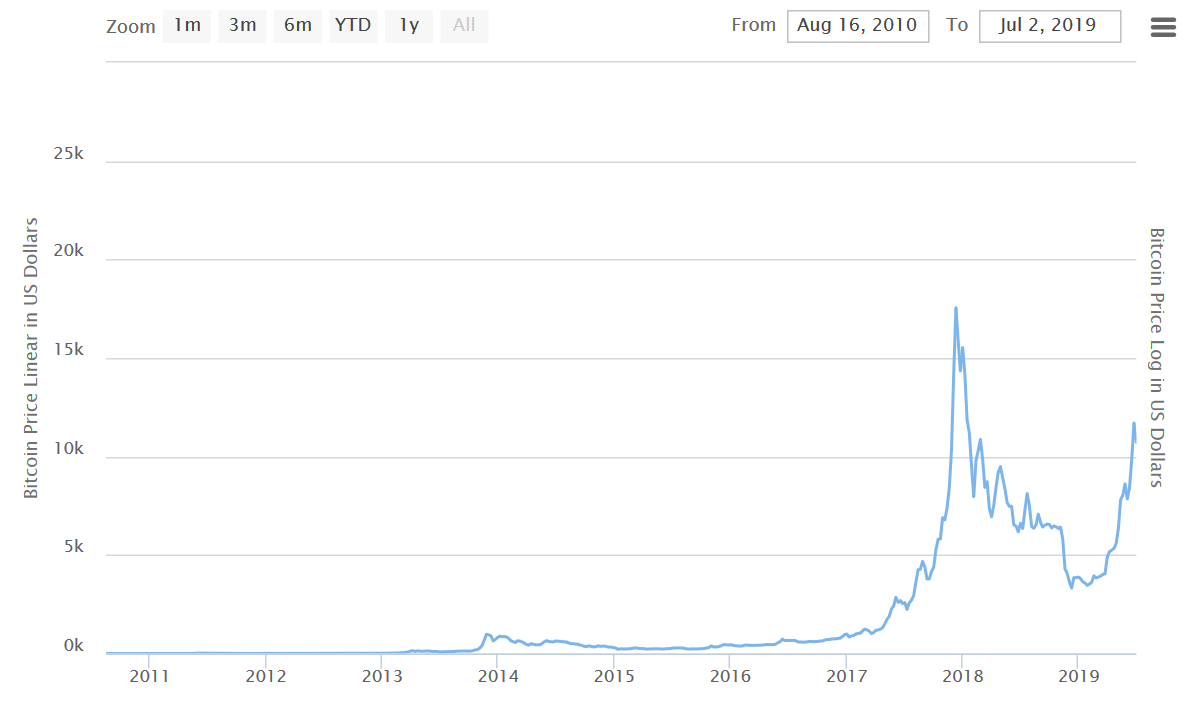I recently saw articles speculating about asteroids with high metal content and feasibility of mining gold, platinum and similar expensive stuff there. The calculations is basically that there must be a zillion tons of gold there and if we bring it to Earth the price of gold would plummet because the supply would suddenly increase.
I agree with Schiff’s analysis. However, I would also explore the details, as I once used the “gold is a discovery of a golden asteroid away from being worthless”. At first, this argument is sound, since the value of gold is based on restricted supply, and all the gold ever mined on Earth would fit in a cube with a side of 20 meters.
However, another argument is that gold is extremely abundant on Earth. Earth is unique among the planets because of its extraordinarily high metallicity. That’s why we have a magnetic field at the time where other rocky planets have cooled down and no longer have a core floating in a molten mantle. We have so much heavy elements, that nuclear fission and radioactive decay create over half of the temperature that keeps Earth’s interior molten. A significant portion of that are the elements we would deem precious, such as gold and the platinoids. Also, Earth’s crust contains quite a lot of gold. It’s quite easy to create heavy machinery assisted by human labour here on Earth, and create mining shafts and what not. Despite all that, mining gold is barely profitable.
Now let’s imagine we really do find out that there are significant amounts of gold on some asteroid. You know what would happen to the price of gold on the market? Nothing. Why? Because we still haven’t managed to bring home a sample of material from an asteroid. In comparison to mining asteroids, having a steady population on Mars is child’s play.

Operating a mine, which basically means crushing millions of tons of iron ore into dust, separating what you want to keep from what you want to discard, all in micro-gravity, high radiation and no atmosphere, no food for the workers, it’s such an enormous task, it could realistically be imagined by a Kardashev type II civilization, and we are not yet type I. You can realistically imagine us crushing asteroids for mining when it’s easy for us to terraform Venus and have six billion people living there, and have cities on Titan and Europa. However, at that point adding all the gold in the solar system still wouldn’t be enough to cover a GDP of the size necessary to run a civilization that mines the asteroid field for minerals and creates a Dyson sphere with the remaining material, just because they need the solar energy to operate the thing. Mining asteroids for minerals isn’t something that would be done by Earth. It would be done as a joint endeavour of Mars, Europa and Ganymede, by the Russians and the Chinese who would make up the population of the colonies; Earth would be too busy talking about genders to take part.
A Delta IV rocket launch costs $17,400 per kg delivered to lower Earth orbit (LEO). Falcon Heavy is supposed to reduce the cost to $1700 per kg. Essentially, you have to pay at least an ounce of gold to get a kilo of anything into orbit. This includes an entire asteroid-mining spacecraft, with human crew because a mine can’t be safely operated over more than half an hour delay due to light speed. If an AI could operate a mine in the asteroid field independently, then it would have a Kardashev type II civilization and you would be either apes in a zoo, or fossils. If remote operation is impractical because of the speed of light, AI operation is possible but then you have bigger problems, it leaves you with the simplest and the most practical option of maintaining a manned space station in the asteroid belt, supplying it from Earth, shielding it from radiation and impact in an area full of high-speed debris, dealing with rock and metal dust produced by crushing ore, in microgravity conditions, mining gold, shaping it into a sun sail in order to slowly reduce its orbital velocity and send it to Earth, catch it there by the second crew somewhere in Earth or Moon orbit, melt it into gold bullion and send it to Earth to be recovered.
In short, gold is going to become cheap once the AI running the solar system finds no use for it, but until then, or other cause or extinction, it’s the best place to store your life savings.



